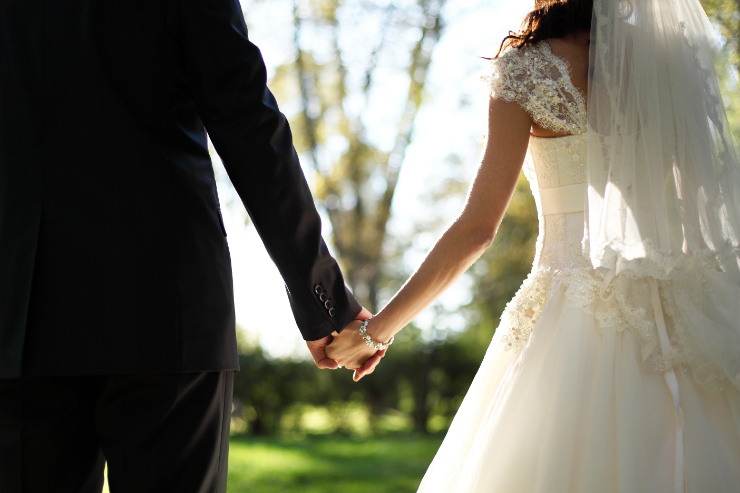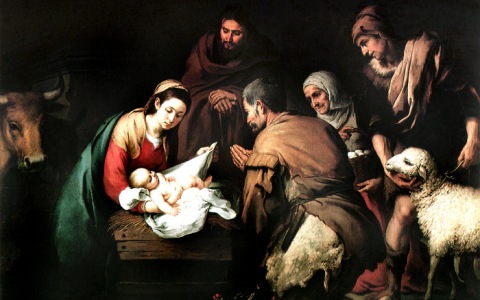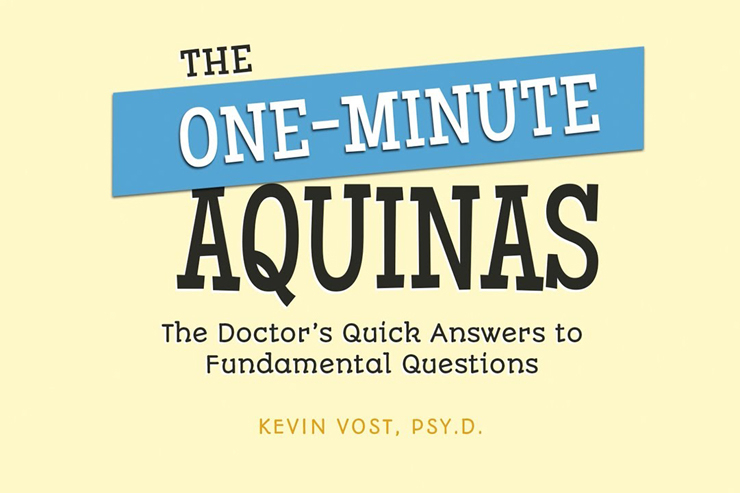
“I promise to be faithful to you, in good times and in bad, in sickness and in health, to love you and to honor you all the days of my life.”
On the day of their wedding, most couples make those vows looking ahead to the future, praying that they will have far more happy times than sad, much more wellness than illness.
During the pandemic, however, as the world endures the worst global sickness in a century and millions are enduring truly difficult times, those words take on added meaning.
This article originally appeared in The Anchor, the weekly newspaper of the Diocese of Fall River, Mass, on May 29, 2020 and appears here with the kind permission of the author.
One of the things that has impressed and inspired me most during these last few months is how many young couples I’ve been preparing for marriage have prophetically and courageously been willing to say and live those words, now.
Even though their guest lists have had to be pared from hundreds to ten.
Even though they’ve needed to postpone receptions and honeymoons.
Even though they have had to jump various hurdles to get marriage licenses and invent creative solutions with regard to gowns, tuxes, flowers and other wedding staples because their vendors have been deemed non-essential businesses and are closed.
Even though, in short, they’ve had to let go of many of the elements of what constituted their dream wedding.
One young couple told me that they prayed about what God was asking of them during this time of the pandemic and concluded that he wanted them to give witness to the Sacrament of Matrimony.
“We can’t do anything about the decisions that have been made with regard to the availability of the Sacraments of Baptism, the Eucharist, Confession, Confirmation and the Anointing of the Sick during the crisis,” they told me. “But to the extent that the decision is within our control, we want to show our family members, our fellow Catholics and everyone else, how important the Sacrament of Marriage is.”
Two weeks ago in Atlanta I celebrated the Nuptial Mass of a couple surrounded by just their immediate family members, with everyone else, even their closest friends, needing to watch via the parish website. The groom told me during our marriage preparation sessions in New York, “Marriage means joining together with each other and with God, and loving each other through every twist, turn and curveball that life throws our way.”
I couldn’t resist saying during the homily, “Life has certainly thrown you a curve ball these last couple of months, and the two of you, with four hands on the bat, are crushing that pitch for a leadoff homerun. And all those in attendance here, and the multitudes watching on live stream, are cheering you on as you begin to round the bases of married life.”
Their many friends and family members who were not able to be present in the Church nevertheless arranged a joyful drive-by in their cars after the ceremony to congratulate the new husband and wife.
Another couple is preparing to get married in San Jose in July, where the bride’s family is located. They told me last week that they had encountered a problem: California, presumably to prevent “destination weddings” and the possibility of coronavirus transmission, was giving marriage licenses only to those couples in which either the bride or groom is resident in the State.
Their response: “Father, if we can’t get one there, would it be okay with you if we had the wedding in Connecticut, or New York, or anywhere we can get a license?” I told them I would be honored to celebrate their wedding in any Catholic Church on the planet.
Another couple, both of whom come from very large families and were understandably disappointed that they were likely going to have their parents and a photographer present beyond their a few of their respective siblings present during their ceremony, said, “What’s most important, Father, is that you, the two of us and our two witnesses are there, because then our marriage can happen.”
They expressed the sincere hope, however, that their diocese would at least permit them by the time of their wedding to have a Nuptial Mass, so that they could receive Holy Communion, after having gone without for several months.
I’m happy to say that their diocese has just lifted the ban on public Masses and the Church where they will be married is so big that, fully respecting their diocese’s newly released policies regarding social distancing and percentage occupancy, all of the family members and friends they had originally hoped to invite will be able to attend.
None of these decisions was made without suffering. Some couples I’m preparing for marriages this year also have chosen to postpone their wedding until 2021 because they could not imagine a wedding without all of their family and friends being able to travel to be present, or without a joyful reception afterward. Regardless of the decision, when all of these couples got engaged and first started to come to see me, none ever imagined having to consider postponing the long-awaited day because of a pandemic.
I have noticed a few things, however, that have influenced the couples who have chosen to keep their dates.
The first is a very strong vocational awareness. They know that they’re called by God to marriage and they want to respond promptly to that call.
As part of marriage preparation, when couples tell me that they’re hoping God blesses them with children but they are intending to wait a couple of years trying to conceive, I gently remind them that one of the devil’s greatest temptations is to get us to think that “there’s always time.”
I ask them, “If you knew you were only going to be married for five years before the other died an heroic death, would it change the way you think about when you’d like to start having children?” It invariably does alter their thinking and gets most to move up the timeline.
I was very pleased when, faced with the decision about whether to postpone the marriage, one of the couples cited those words.
“Father, if, by God’s will, we’re only going to be able to be married for five years before one of us gives our life to save another’s,” the bride-to-be said, “we would much rather spend that year as husband and wife. We have the vocation to marry each other, not to be engaged to each other!”
The second characteristic is a deep appreciation for what happens in the Sacrament of Matrimony and the conviction in faith to prioritize the bond God creates over having all of their family and friends present, having a reception after the ceremony, being able to travel for the honeymoon, and the various other things that, though beautiful and meaningful, they don’t consider as important. At a time in which many engaged couples cohabitate and others treat each other as if they were married, the couples choosing to keep their dates in general treat marriage as God’s bringing into existence something profoundly new, a communion with God and each other they desire and don’t want to defer.
The third trait is that those keeping their wedding dates are living their engagements with conspicuous chastity. Like any couple, they desire each other, but they know that they cannot morally consummate that desire and become one flesh until God joins them in one flesh. Waiting another year for a fuller celebration when they’ve been eagerly waiting their whole life to find the right one and to begin to “receive children lovingly from God and raise them according to the law of Christ and the Church” is something they’re just not eager to do.
Their choice to get married in the midst of worldwide sickness and tough times is a powerful proclamation that what couples profess to each other in their vows, they really mean. From the first day of their spousal coexistence, they are dramatically putting those words into practice. And they are giving the Church and the world a beautiful, provocative and inspiring witness.
Help us spread the Gospel! Please share this post on Facebook and other social media.













